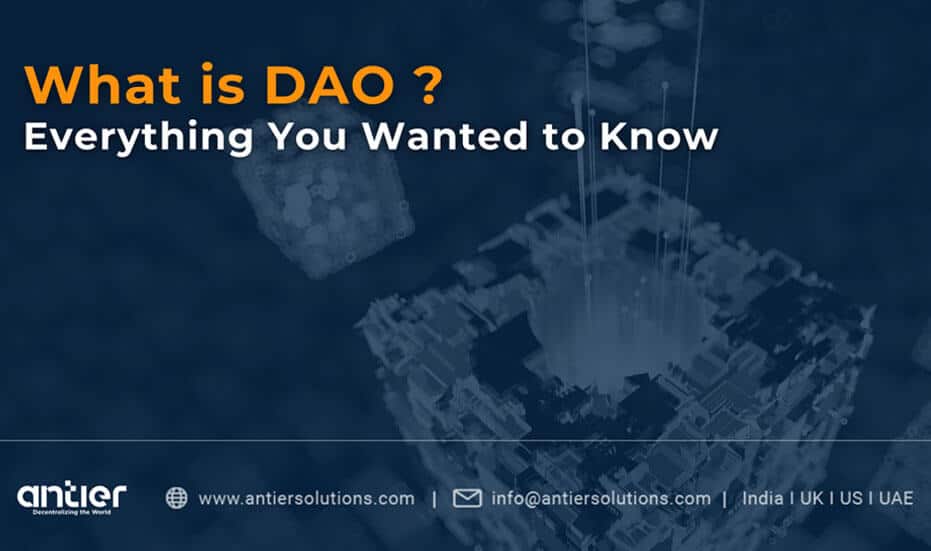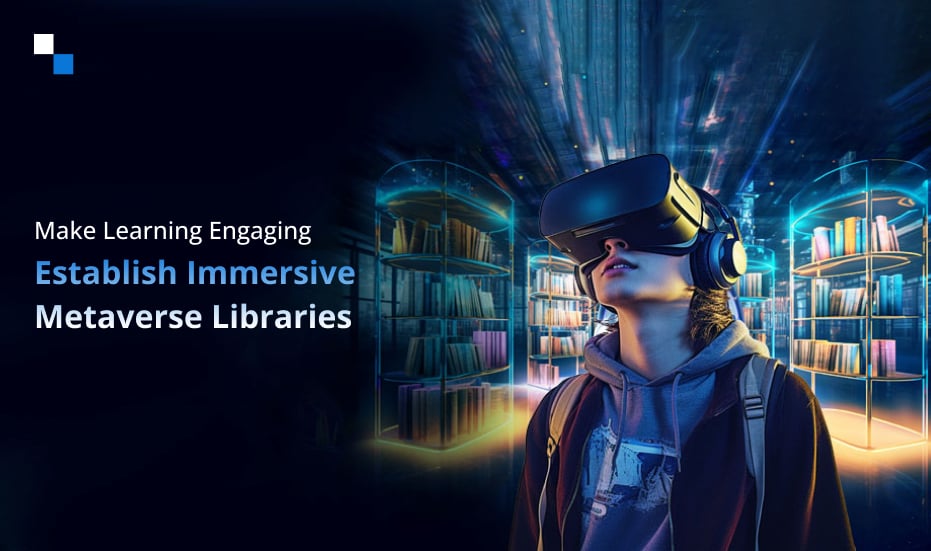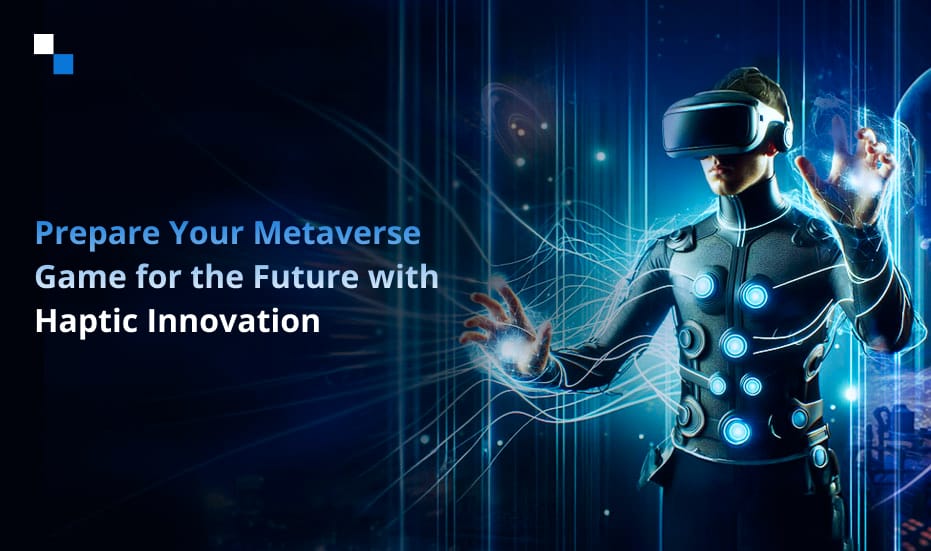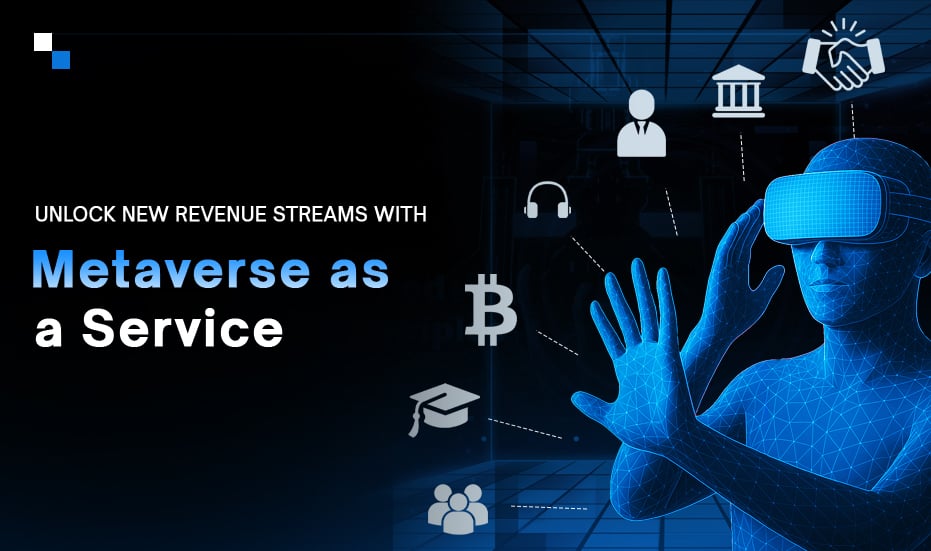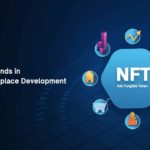
5 Key Trends Boosting NFT Marketplace in 2022
April 21, 2022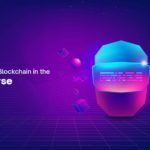
The building blocks of Metaverse and its use cases
April 21, 2022Newer organizations continue to join the blockchain league and prepare for the Web 3.0. Likewise, the scope of blockchain is expanding beyond smart contract driven peer-2-peer platforms. Today, it means more and potent enough to drive a whole organization. Known as Decentralized Autonomous Organization, a DAO does everything for driving the policies and processes for an enterprise.
Off late, this has led to some interesting use cases in DAO development.
This shift from traditional bureaucracies to algorithmic, self-sustainable and data-driven entities is picking up pace as DAO is offering all the right tools to build highly participative and decentralized platforms where every user has a voice and and no one is in a leading position.
What is DAO? How Does it Work?
We can define DAO as an autonomous entity driven by blockchain powered smart contracts that operates in a community-based, data-driven ecosystem eliminating the need for traditional human hierarchical management. With a DAO, organizations can run the entire business with an open governance model where all decisions can be made by a series of smart contracts. Basing decision-making on DAO token rights makes it a truly transparent, decentralized, and a participative organization. All managerial and administrative functions get automated to a great degree under this collaborative framework.
There are few very important components to a DAO structure which work together to form a self-sustainable ecosystem. As we all know, smart contracts are nothing but coded programs stored on a blockchain and all rules which are embedded in these codes are highly visible, verifiable, and publicly auditable lending great levels of transparency to the system.
In a DAO, a consensus vote decides the rules in a smart contract for the entire enterprise. Here, no authority can modify these rules of a DAO and only the community of token holders can vote and decide.
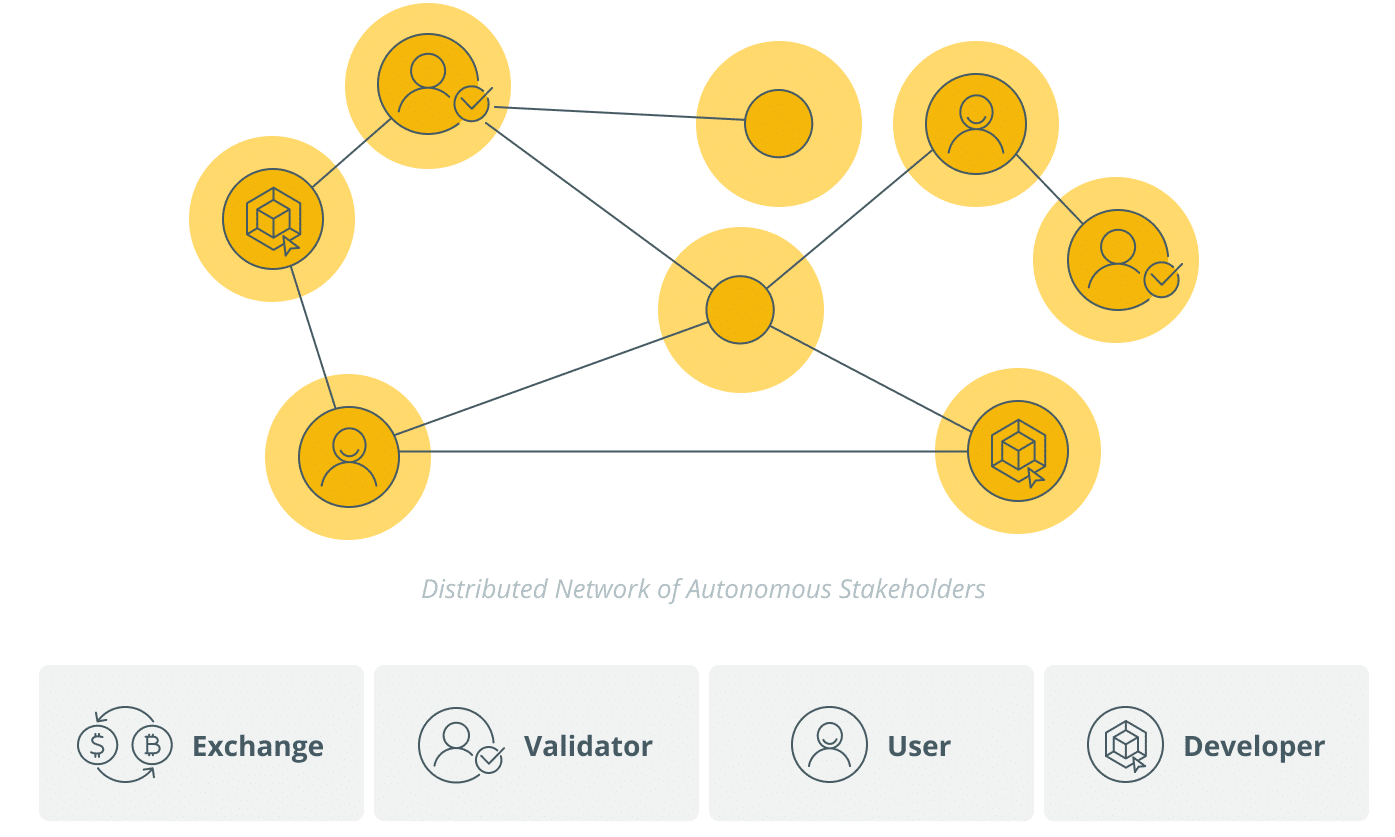
Source: Cointelegraph
- Here, in the above diagram, the exchange is a DAO organization designed by a disparate group of contributors, including developers.
- Users around the world who hold its governance token manage the protocol.
- Validators are computers that maintain the blockchain’s integrity by constantly computing the linkage from the first block to the last making it immutable.
As it is blockchain-based and runs on smart contracts, DAO development services are gaining momentum in the market. So, let us have a quick look at the DAO development process.
Hiring the Best DAO Development Company
DAO development companies are in great demand as DAO has picked up pace in the recent few years. With initial teething problems, it has come out as a clear winner and is being pursued by all the futuristic organizations. So how is DAO development done?
Let us understand the DAO development steps in the context of Decentralized Exchange. The first step in creating a DAO is getting a wallet which enables members to buy, sell and hold tokens as well as access, manage, and participate in their DAOs. To develop a peer network having a common unifying goal is the next step and this is extremely crucial to identify and define the very purpose of the platform.
Following this, a decision-making model is designed by the DAO development service providers where it is encoded into a smart contract. DAO smart contract development forms the foundation of the organization. After this initial creation, the developer can only change the rules set by these contracts through the DAO governance system which involves reaching a consensus through voting.
The platform can decide to design custom tokens unique to the DAO platform to have a fully-functional ecosystem. However, it is not a prerequisite. This step is followed by adding liquidity to facilitate automated conversion of crypto coins into cash and supply treasury to enable members to gain voting rights.
This is the funding phase; that is to raise money through an ICO and issue tokens to the participants which gives them voting rights for DAO to work autonomously. This makes a DAO set-up ready for deployment on the blockchain.
From this point onwards, stakeholders decide on the future of the organization eliminating the initial creators who defined and wrote the contracts and this rewires the whole governance process to integrate DAO.
Now when we understand the DAOs and their basic framework and even the important steps to build the DAO organizations, let us explore why we need DAOs. Is there real value to this or as many people would say about crypto, is it just a fad?
Benefits of DAO Development – Why Should I Choose it Over My Traditional Organizational Structure?
It is very important to understand what does a DAO offer or how a DAO tends to differ from existing organizational structures?
In traditional organizations, there is a wide prevalence of Principal-Agent relationship i.e. an individual or entity (the “agent”) is agreed by a contract to make decisions or take actions on behalf of another individual or entity (the “principal”). The possibility that the agent’s own self-interest might motivate him to take certain decisions not aligned with the principal’s interests poses some serious risks to the principal.
Here, a DAO platform changes the scenario. Let us see how? Instead of a small handful of powerful people deciding how money is spent and how employees are reimbursed for their time, DAO creates an open and automated platform where each member is aware about the reasons for each decision taken and these members can ensure transparent distribution of funds and financial rewards.

Source: Data Driven Investor
DAO has offered very effective solutions through blockchain-based protocols and code-based systems, focusing on creating a truly trustless and decentralized environment for achieving a shared mission. The trust deficit between parties which inflicted traditional organizations got replaced by transparent and publicly available open-source codes which promise immutability and self-governance.
Hierarchical hurdles and bureaucratic obstacles which prevailed across the organizations of all kinds got eliminated in this new form of governance making the organizations incredibly quick, economic and simple to run without sacrificing quality of service.
Another advantage which DAO offers over hierarchical setups is flow of information. In a DAO-based organization, every member can speak openly and have a say in decision-making process infusing inclusion and participation in the organization which otherwise can be a very intimidating process in traditionally run human-hierarchical structures. This can create a more level-playing field to all the participants giving them improved levels of participation and higher visibility.
Further, DAO can be credited with offering global accessibility and reducing barriers to entry where users can become stakeholders irrespective of their nationality, geographical areas, status and languages.
This can offer great levels of scalability to an organization which otherwise would need physical set-ups and processes for legal status subject to different jurisdictions to operate internationally. For example, a crowdfunding DAO can accept donations from anyone around the world and the members can decide how to spend donations.
All this certainly places DAO in the driver’s seat and given its inherited adaptiveness, there is no doubt that it will soon emerge as a mainstream organizational protocol.
Disruptive DAO- How is it Trending?
With a huge potential to transform the organizations, DAOs have already become significant. With a market valuation of close to $13 billion, it has been leveraging the exponential growth which blockchain and DeFi have been experiencing in the recent years.
Forecasts suggest that global blockchain technology revenues will experience massive growth in the coming years, with the market expected to climb to over 39 billion U.S. dollars in size by 2025 And most of this growth will stay concentrated around DeFi which has also witnessed unprecedented growth in recent years.
It is expected to be an $800 billion industry in the next year Therefore, it is not difficult to project where DAO is heading. Industry experts are expecting it to explode big with its disruptive use-cases.
DAO has been merging well with both blockchain and DeFi helping online crypto communities having unified financial goals that can’t be completed by just one person. DAO blockchain development presents huge opportunities in the DeFi domain.
DAO has proved to be very successful in facilitating a very successful business model across DeFi space including exchanges, funding investments, fundraising, borrowing, lending and NFTs. DeFi has embraced DAO enthusiastically developing truly decentralized, reliable and scalable platforms.
Talking about another exciting use of DAO, metaverses are leading the game. These virtual immersive games are trying to integrate self-sustainable economies to facilitate financial transactions in their gaming portals. To democratize the gaming portals and make them transparent, one technology which has emerged as a clear winner is DAO. Being a blockchain-based technology, it offers great reliable tools to run these very vulnerable financial ecosystems.
Crowd funding is also showing a lot of inclination towards DAO;fundraiser DAOs are gaining a lot of popularity. Through DAO the donors get to play an active role in supporting artists or projects, while making profits. DAO is also being explored to build blockchain-based transportation protocols such as operating taxicabs or ride-sharing services autonomously and enabling vehicles to transact directly with client passengers.
There is no doubt that DAO is the future of work, human organizations, and cultural communities and its use cases are countless and are still expanding manifolds as it is integrating with other technologies. A statement by Kevin Owocki, CEO at DAO-run grants organization Gitcoin can help us in understanding the future of DAO.
“If we’re successful, MetaFactory will disrupt Shopify, if we’re successful Friends with Benefits will disrupt Y Combinator, if we’re successful then Gitcoin will disrupt LinkedIn. It’s the churning of culture where thousands of experiments are flourishing, and only 10 will be successful, but the successful ones will be big.”
Successful DAO Projects
The growth of DAO cannot be explained without talking about a few hugely successful platforms and it would not be wrong if we say that some platforms are breathing life into this space because these success stories are not only making a room for innovation but also building confidence among the potential investors.
One of the most successful applications of the DAO concept is Uniswap. The Uniswap protocol is a decentralized exchange that incentivizes users of the protocol to maintain liquidity in its liquidity pools by providing portions of the transaction fees and newly minted UNI tokens to those who participate. DAO lets all the stakeholders participate in a financial marketplace that is open and accessible to all.
Here, the UNI token is a governance token that enables holders to vote for proposed changes to the Uniswap protocol and even on decisions on the allocation of the funds in the governance treasury. Anyone having UNI tokens, ETH for paying for transaction cost and Metamask log in can participate in voting in Uniswap governance.
Some similarly very successful DAO-based protocols are MakerDAO, Aave DAO, Olympus DAO, Curve DAO, SushiSwap, Decred and Compound.
Metaverse DAO Development
Metaverse DAOs are also growing big and one such very popular metaverse platform is Decentraland which is the first fully decentralized real-estate virtual world and participants through DAO are given full control of the policies created to determine how the platform behaves. Their voting rights are based on their native token (MANA) holdings and the platform is powered by Aragon blockchain. The community proposes and votes on policy updates, future LAND auctions, whitelisting of NFT contracts, allocation of MANA grants to development efforts, marketplace and sales fees etc. Whatever the community deems relevant is the final consensus and this is how Decentraland has emerged as a complete DAO metaverse.
Another space where DAO is playing big is NFTs space. JennyDAO is one such decentralized organization in the non-fungible token space. DAO helps the protocol to provide fractional ownership of NFTs and smart contracts control the organization’s NFT vault and through their voting rights members oversee their purchases and trading.
Based on its structure, modus operandi, and technology, DAOs can be categorized into so many categories including operating systems DAO, protocol DAO, investment DAOs, Grants DAOs, Service DAOs, Social DAOs, Media DAOs and many more.
So do DAOs hold real value in the long run?
What is the future of DAOs?
Looking at the way DAO is evolving and accessing the new types of protocols, we will soon see some big shifts in this space. DAO holds great potential as a governance approach and with blockchain at its core, it is supposed to become a primary mode or method that can enable businesses to run without a leadership and corporate rule-making.
We will see more and more community-driven organizations in the near future which will dismantle the old governance styles and give birth to a new breed of autonomous organizations which are ready to go global without compromising on security, transparency and efficiency.
